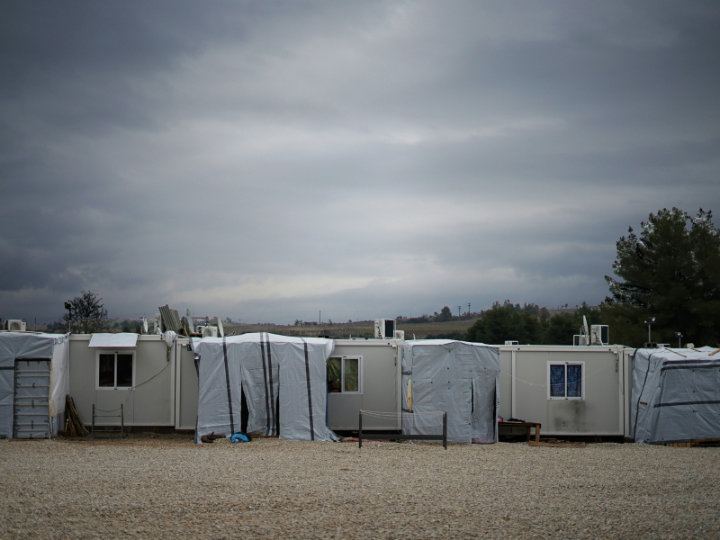by Giles Merritt*
The European elections will be won or lost on the issue of immigration: True or false? True, believe many vote-seeking politicians. Unlikely if not downright wrong, say a growing number of pollsters and political analysts.
The signposts confusingly point both ways. The past 14 months have seen a string of election victories in EU member states by anti-migrant right-wing parties, prompting several mainstream parties to shift towards more restrictive immigration policies. France has been the most notable example.
Measurements of public opinion suggest, however, more tolerant public attitudes than those listened to by policymakers. The EU-backed European Social Survey has pointed to “a growing trend of more positive attitudes, with perceptions of immigration markedly more favourable over the past two decades.”
Research by the European Council for Foreign Relations has found immigration ranking among the least important issues for voters. As reported by Eurobarometer, which collates national polls in the EU, reports that 69 per cent of respondents see increased immigration as a “necessary investment”, with six in ten saying they mix freely and comfortably with migrants.
Another poll, though, for the Euronews TV station, reported 51 per cent negative views of the EU’s impact on migration, and only 18 per cent positive ones. Which of these contrasting views will prevail remains to be seen. It’s important because the EU’s stance on migration and its own demographic challenges will be largely shaped by the outcomes of the European Parliament elections and this year’s slew of national ones around Europe.
There’s also recognition of EU countries’ need for more migrants to counter labour shortages and the costs of ageing populations. Although a good many EU governments remain hostile or at least very wary to immigration, the public mood appears more open.
Some observers think that the plight of refugees from armed conflicts and climate change – whether in Gaza and Ukraine, or the Horn of Africa – is softening Europeans’ hearts and their resistance to change. Others note the rapid growth of EU inhabitants born outside Europe – 3.7 million newcomers in 2022 brought the total to 37 million – and argue that familiarity is engendering tolerance.
It’s certainly true that more enlightened views are commanding greater attention. France’s Nobel prize-winning novelist Annie Ernaux encapsulated these recently when writing in a widely published article of ‘White’ Europeans’ fear of losing their privileged wealth to the rising tide of immigration, while also risking the loss of their souls to fear-mongering far-right populists.
The European Commission has at last secured agreement on the migration and asylum pact it first proposed in 2022, and although this might seem an achievement it cedes much decision-making to national governments. The pact is widely criticised as a recipe for dissension and burden-shifting.
The commission stresses the importance of tightening EU border controls on irregular migration, and downplays the case for maintaining if not increasing the inflow of new blood. Its Eurostat statistical service, however, minces no words when assessing the scale of the EU’s demographic deficit. Without immigration, the EU’s population of 451 million will shrink by 2050 to only 406 million. With 57 million fewer working age people, 21 million fewer children and 32 million more retirees, at least 41 million immigrants are needed over the coming quarter-century to bolster the EU’s workforce.
In contrast to the ‘stop the boats’ mantras of southern European countries and the UK, 69 per cent of respondents in Eurobarometer’s most recent (2022) survey urge active efforts to integrate migrants.
It’s hard to assess the value of surveys that try to draw a coherent picture from the EU’s geographical and cultural patchwork. The indisputable fact, however, is that shrinking, ageing Europe needs new blood. Rather than focusing on whether to accept more migrants, EU policymakers should be debating the best ways to harness the newcomers’ youth and energies.
*Founder of Friends of Europe
**first published in: Friendsofeurope.org




 By: N. Peter Kramer
By: N. Peter Kramer

